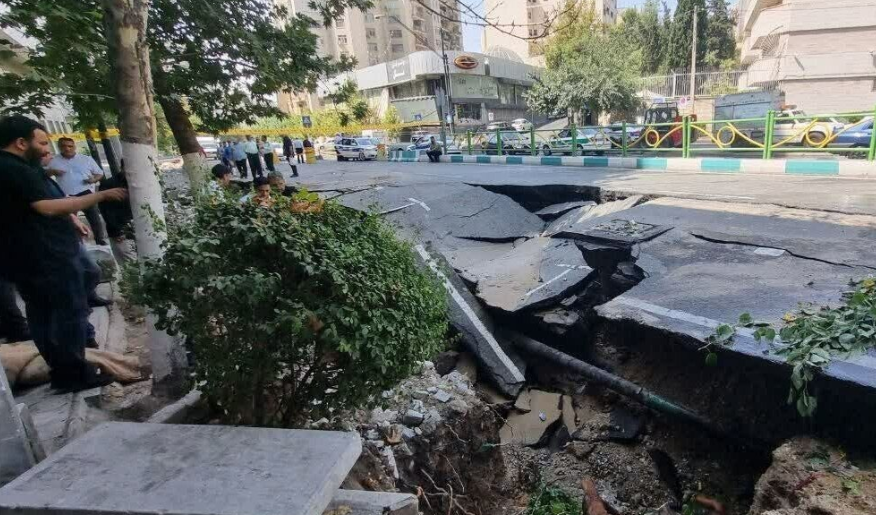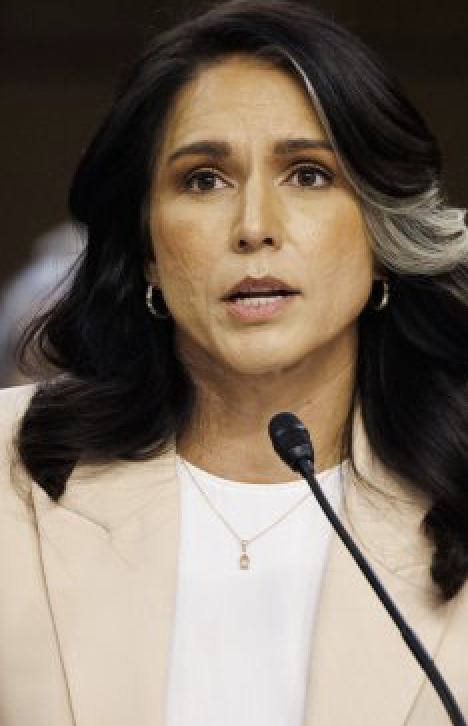The budget as approved by the Majlis totals 5,083 trillion rials or $485 billion, as of Monday’s official rate of exchange.
The budget was approved on a vote of 144 in favor, 29 opposed and 12 abstaining. That means 105 deputies or 36 percent of the membership didn’t even bother to show up for the vote, an appallingly low attendance record.
The Majlis reduced President Ahmadi-nejad’s proposed budget by 6 percent, but the final budget was still 40 percent larger than last year’s budget, according to the state news agency.
The state news agency also said that increase over last year was because of the reduction in food and fuel subsidies and the hike in the price of oil. But those changes should have had no impact on the budget. The subsidies on food and fuel were to be reduced and the difference paid out in cash welfare payments to citizens, so the changes should be a wash so far as the budget is concerned. As for the price of oil, the Oil Ministry just announced days earlier that Iran would not import any gasoline this year, so the soaring market price for gasoline is irrelevant so far as the budget expenditure is concerned.
That is different when it comes to revenues. The government is dependent on oil sales for about half of its revenue. Ahmadi-nejad proposed a budget based on an average oil price this year of $80 a barrel. The Majlis raised that to $81.50, making it easier to budget. But both numbers appear conservative given that the price of an OPEC barrel Monday was $108. The price has been above $81.50 every day since last November 25.
The budget total includes three elements: the day-to-day state operating budget; the development budget for infrastructure projects; and the budgets for hundreds of state-owned firms and banks. The biggest section by far is for state-owned businesses, which takes up 70 percent of the total budget.
The operating and development budgets—which are what is normally thought of as a budget for a government—total 1,544 trillion rials or $147 billion, similar to the budget for New York State.
The Majlis has never before passed a budget after Now Ruz. But President Ahmadi-nejad has never submitted a budget on time in December. This year, he submitted his budget nine weeks late, giving the Majlis less than a month in which to review it. Deputies saw the delay as an effort to stop the Majlis from making a careful review of the budget.
So, with the budget submitted nine weeks late, the Majlis paid Ahmadi-nejad back by approving it seven weeks late. Whether that will induce the president to be more timely in his submission next year remains to be seen.
One of the amendments approved bars the government from cutting any subsidy by more than 20 percent this year. That was enacted in frustration with the president’s rush to remove subsidies. Ahmadi-nejad had originally proposed phasing out subsidies over three years. Last year, the Majlis approved a phaseout over five years. But the president ignored the Majlis vote and is moving much faster to lift subsidies. For example, on gasoline, all subsidies were removed in one fell swoop in December. In other cases, a third or more of the subsidies were lifted. The Majlis vote was an effort to return to its five-year phaseout schedule.
Last month, many Iranian news outlets and international news wires reported that the Majlis had approved the budget. It had not. This is a common mistake in news reports about Majlis actions. In the Iranian system, the Majlis first votes on whether to consider a bill, called the first reading. Then it proceeds to consider the bill and vote on amendments and then final passage, called the third reading. The vote the Majlis took last month was the first reading to take up the draft budget. Many news stories on Majlis actions falsely report a vote on first reading as if it were final passage.






















